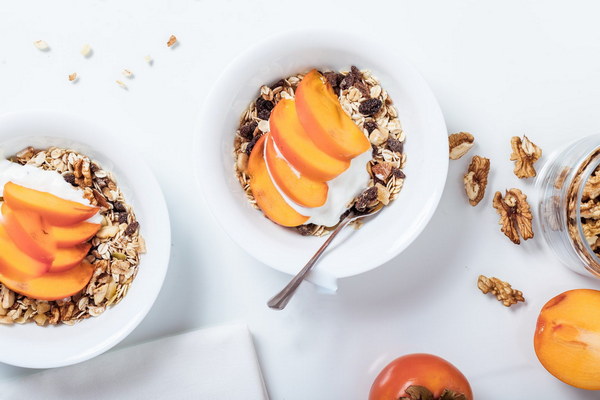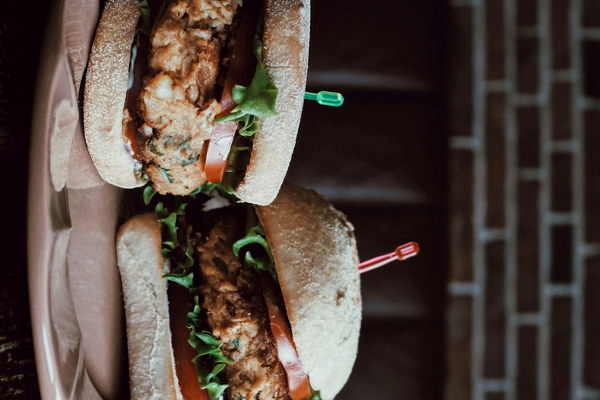Liver Health The Key to a Well-Balanced Dinner
Introduction:
In the fast-paced world we live in, maintaining liver health is often overlooked. However, a well-balanced dinner can play a crucial role in protecting our liver. By making conscious choices and reducing our intake of certain foods, we can support our liver's function and prevent potential damage. In this article, we will explore the benefits of eating less at dinner and how it can contribute to liver health.
1. The Importance of Liver Health:
The liver is an essential organ responsible for detoxifying the body, metabolizing nutrients, and producing bile. It also plays a vital role in regulating blood sugar levels, storing vitamins, and producing proteins. A healthy liver ensures the smooth functioning of our body's metabolism and immune system.
2. The Link Between Dinner and Liver Health:
Dinner is the last meal of the day, and consuming excessive amounts of food can have a negative impact on the liver. When we eat, the liver produces bile to help break down and digest the food. However, if we overeat, the liver may become overwhelmed and struggle to perform its functions efficiently.
3. Benefits of Eating Less at Dinner:
a) Reduced Risk of Fatty Liver Disease:
A high intake of calories, especially during dinner, can lead to the accumulation of fat in the liver, causing fatty liver disease. By eating less at dinner, we can reduce the risk of developing this condition, which can lead to liver inflammation, scarring, and even cirrhosis.
b) Improved Blood Sugar Control:
Eating less at dinner can help regulate blood sugar levels. When we consume fewer calories, the liver has less glucose to process, which can lead to improved insulin sensitivity and a lower risk of type 2 diabetes.
c) Enhanced Detoxification:
The liver plays a crucial role in detoxifying the body. By reducing our dinner portions, we give the liver more time to process and eliminate toxins, improving overall liver function.
4. Tips for a Well-Balanced Dinner:

a) Choose Lean Proteins: Incorporate lean proteins such as chicken, turkey, fish, or tofu into your dinner to provide essential amino acids without excessive fat.
b) Opt for Whole Grains: Replace refined grains with whole grains like brown rice, quinoa, or whole-wheat pasta. These grains provide fiber and nutrients that support liver health.
c) Include Healthy Fats: Incorporate healthy fats such as avocados, nuts, and olive oil into your dinner. These fats are beneficial for the liver and can help reduce inflammation.
d) Limit Processed Foods: Avoid processed and fried foods, as they are high in unhealthy fats and can burden the liver.
e) Eat in Moderation: Portion control is key. Fill half of your plate with vegetables, a quarter with lean proteins, and a quarter with whole grains.
5. Conclusion:
In conclusion, eating less at dinner can have a significant impact on liver health. By making conscious choices and adopting a well-balanced diet, we can support our liver's function, reduce the risk of fatty liver disease, and improve overall health. Remember, a healthy liver is essential for a well-functioning body, so let's make dinner a priority in our daily lives.









